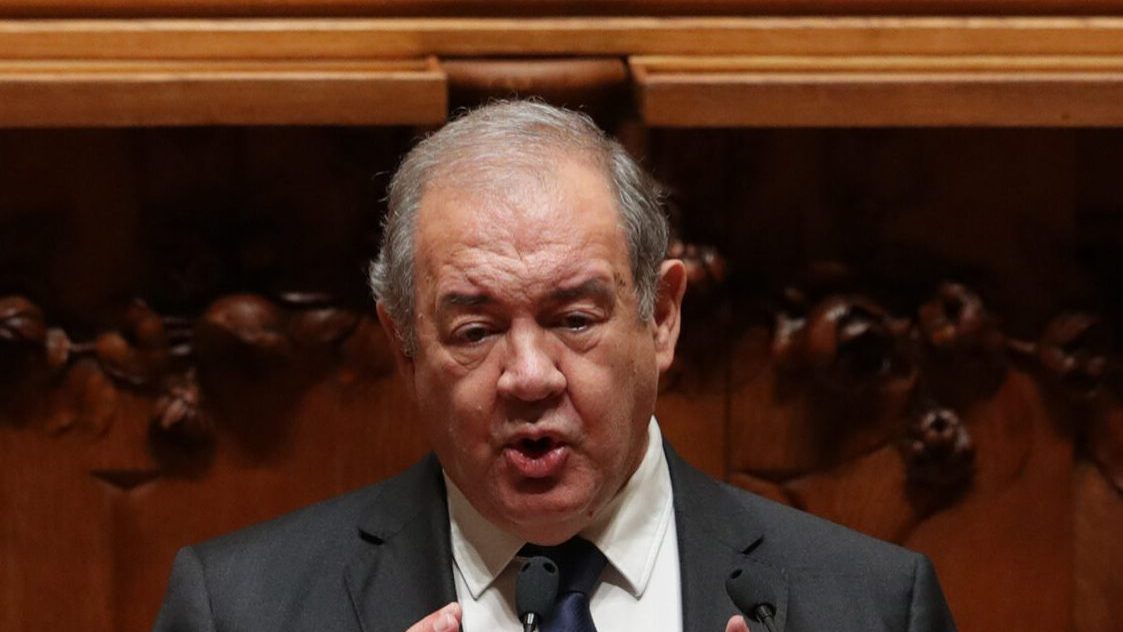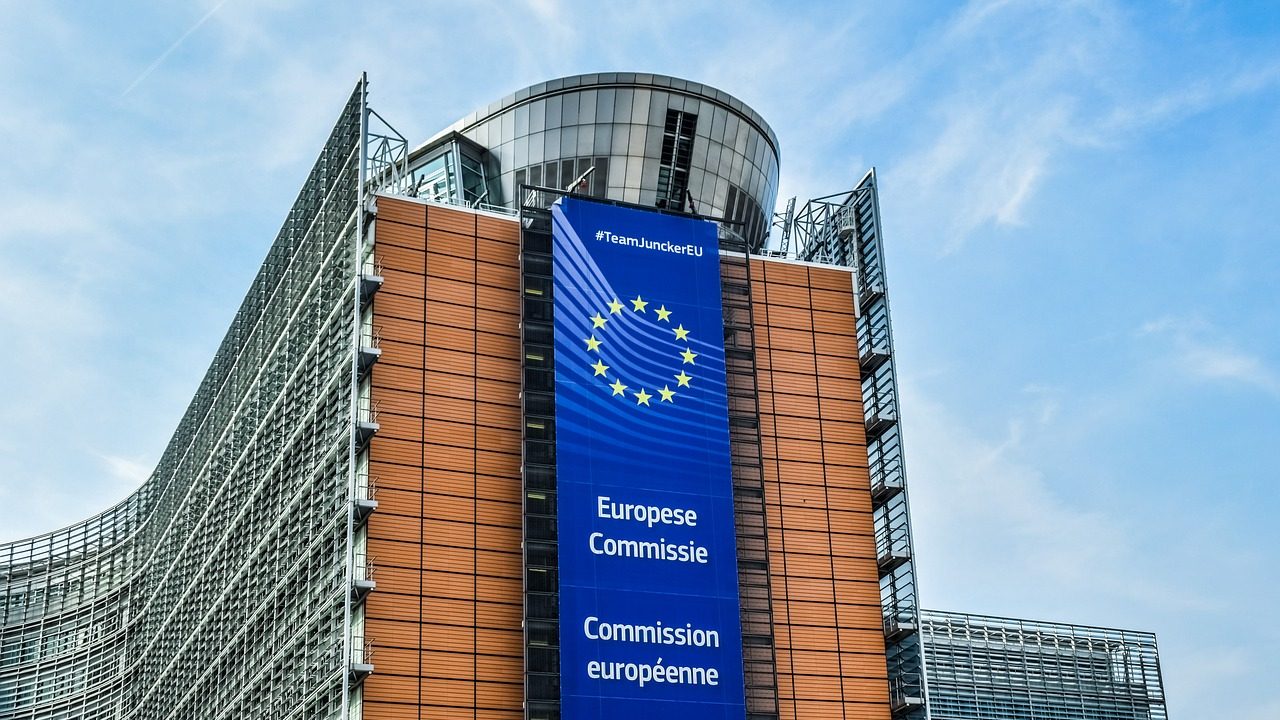Growth in GDP due to structural change in economy
BoP published the new forecasts for economic growth: 2.7%, which represents a big increase in economic growth prospects for this year, since the previous 1,8%.
Portugal’s prime minister said on Friday that the latest estimate of the Bank of Portugal (BoP), revising the economic growth in 2023 upwards from 1.8 to 2.7%, is the result of a structural transformation of the Portuguese economy.
This position was conveyed by António Costa at the end of a visit to the multinational Schréder, in Carnaxide, municipality of Oeiras, a company appointed as a world leader in intelligent solutions in the lighting market.
In his brief speech, the leader of the government referred to the evolution of qualifications in Portugal over the past 30 years and linked it to the projection now advanced by the BoP on the growth of the Portuguese economy in 2023 and 2024.
“The BoP published the new forecasts for economic growth this year today. It had forecast 1.8% and has now increased to 2.7%, which represents a big increase in economic growth prospects for 2023,” he said.
However, according to António Costa, more important than this growth estimate “is to signal that this growth is based on a structural change in the Portuguese economy”.
“The first factor that the BoP emphasised was qualifications,” he declared, having alongside him the minister of economy, António Costa Silva, the deputy secretary of state of the Prime Minister, António Mendonça Mendes, and the mayor of Oeiras, Isaltino Morais.
According to data from Schréder, a lighting company that started its activity in Portugal in 1956, its turnover reached €50 million last year, it has 197 employees, and 60% of industrial production is for export.
In his speech, the prime minister recalled that Schréder arrived in Portugal in the 1950s to produce light fixtures and is, therefore, “the practical demonstration of the evolution of the Portuguese economy”.
“Today, this company does not limit itself to producing light fixtures. It creates new products in Portugal. It has excellent workers, but it also has an excellent range of engineers, 10 of whom have PhDs. The structural transformation of this company is an example of one of the realities that is happening in the country today”, he said.
António Costa also highlighted that exports of automobile components from companies in Portugal “have increased by 22%”.
“We are the first European country in the production of bicycles, and we supply a quarter of the European bicycle market, particularly electric bicycles,” he pointed out before highlighting the functionalities of a lamp being produced by Schréder.
“This lamp also allows electric cars to be charged and provides fundamental information for more efficient management of urban space because it gives information about humidity and climate, allowing irrigation management. It also improves the regulation of the traffic light system, as it gives information about traffic,” he specified.
In his speech, the prime minister also said that Portuguese companies had demonstrated high resilience, claiming that they have withstood two years of the Covid-19 pandemic and responded positively to external shocks.
“Another very important mark is the capacity we have to face unexpected shocks and with the violence of those we have known,” he maintained.
Earlier, Schréder director Nicolas Keutgen sought to highlight the research aspect carried out by his company in Portugal with a view to producing new products.
“We hope to have an impact not only on the Portuguese economy but also on society and the country’s environment,” he said.


